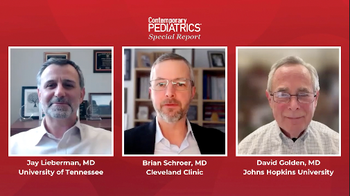
Web links: Teen health/wellness
Summary: These links help teens with everything from proper diet and exercise regimens to mental well-being, plus things they may not feel comfortable talking to anyone about-tampons, steroids, birth control, drugs, and drinking.
No one needs to tell a pediatrician the difference between mere health and true wellness.Adolescents have a particularly tough time of it. Body consciousness, sedentarybehavior, depression, puberty, school pressure, sex, drugs and alcohol, and heightenedemotions are all part of the teen years. Many teens stop seeing their pediatrician in the yearsthey could use the most help. These links help teens with everything from proper diet andexercise regimens to mental well-being, plus things they may not feel comfortable talkingto anyone about-tampons, steroids, birth control, drugs, and drinking.
Adolescent Health:
AMA’s Adolescent Health:
From the American MedicalAssociation’s Program on Child andAdolescent Health. Some content ismember-only.
The AWARE Foundation:
AWARE (Adolescent Wellness throughAccess to Resources and Education)includes lists of support hotlines forteens to call for help with mentalhealth, sexual abuse, eating disorders,suicide, STDs, emergencycontraception, and more.
Caring For Kids:
Sponsored by the CanadianPediatric Society.
CDC’s Adolescent Health:
From the Centers for Disease Controland Prevention. Includes sections onschool health, skin cancer, violence,and youth injuries.
Childhood Obesity:
A site that’s sponsored by theAmerican Obesity Association.
CYH’s Teen Health:
Sponsored by the Children, Youth,and Women’s Health Serviceof Australia.
Healthy Youth:
A separate CDC section, sponsoredby the Division of Adolescent andSchool Health’s (DASH) NationalCenter for Chronic Disease Preventionand Health Promotion.
Health Information For Teens:
Adolescent information from the Foodand Drug Administration.
Newsletter
Access practical, evidence-based guidance to support better care for our youngest patients. Join our email list for the latest clinical updates.



